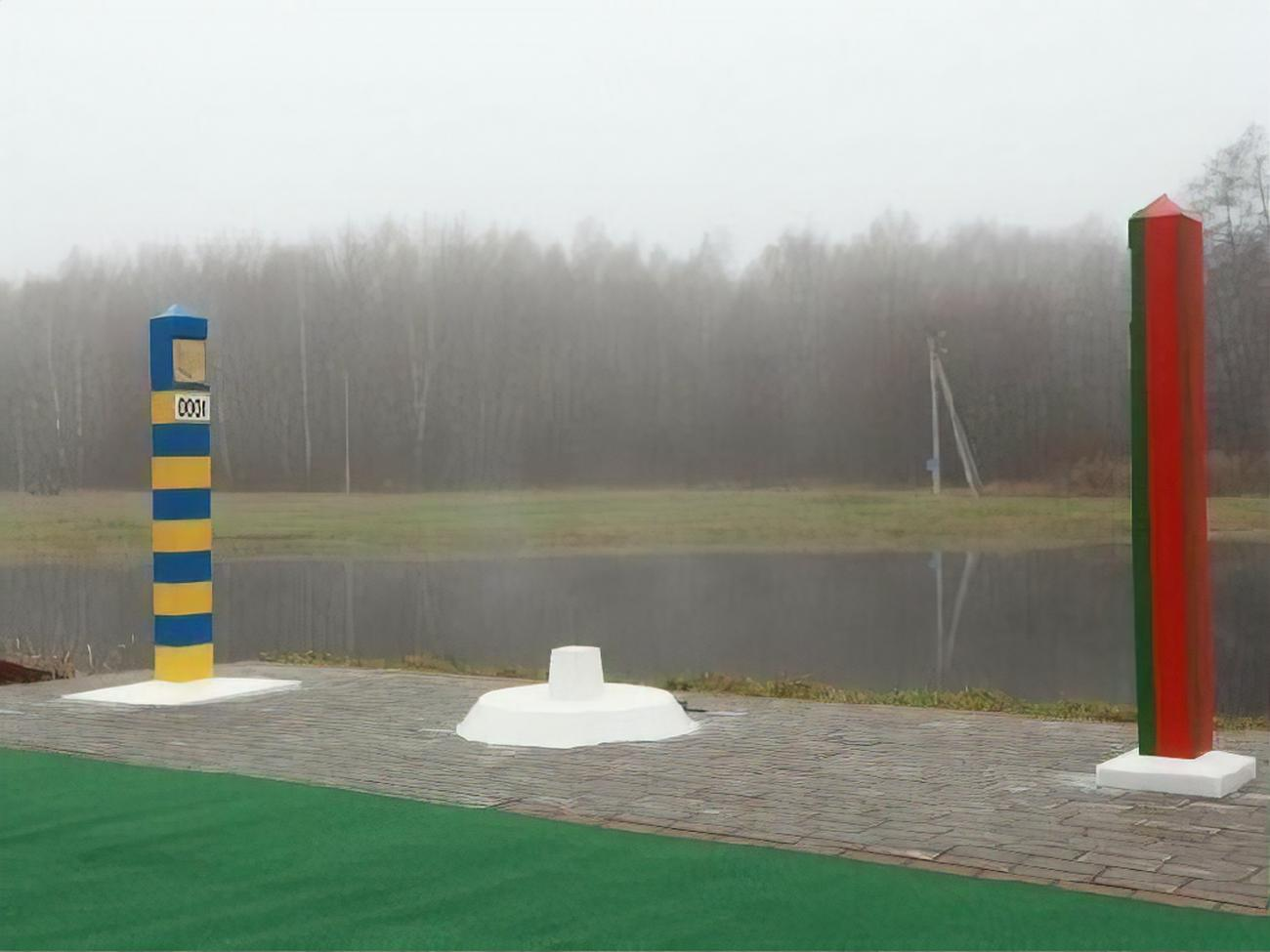Minsk-Kyiv: “Cold War” replaces “Cold Peace”
 The situation got worse
The situation got worse

A political decision has been made to reinforce the capabilities of the Belarusian army towards Ukraine. The scale and form of this will become apparent shortly.
On January 21st, Alexander Lukashenka paid a working visit to the Brest region, where he chaired a meeting on strengthening military security. The open part of the event was almost entirely devoted to the prospects for building up Minsk’s military capabilities on the border with Ukraine. Lukashenka repeated anti-Ukrainian talking points that are an established feature of Belarusian state propaganda (Ukraine is a threat to Belarus because it is under external control and has unpredictable and inadequate leadership). He stated that to protect the southern border, Minsk has to create not just military units but a new operational command. This will be expensive.
Such forces are currently led by the Belarusian army and number around six thousand troops, according to Polish experts. The small number of existing units makes it impractical to form a new command by redistribution, so it will be necessary to increase troop numbers (with associated costs) and invest in new infrastructure.
This extra expenditure may explain the 24% increase in the National Defence budget and new provisions for diverting additional funds for the maintenance of military personnel from the Presidential reserve fund and the National Defence reserve funds of the regions of Belarus. It can be expected that some of these investments will receive support in the form of Russian equipment.
Kyiv will view any military build-up on its northern borders as a threat requiring an effective response. The Ukrainian leadership has so far sought to avoid confrontation with the Belarusian regime, limiting itself to meaningless political statements. However, a Cold War has replaced the “cold peace” between Minsk and Kyiv. Lukashenka’s speculations about the possibility of involving Belarus in a Russian-Ukrainian conflict on the side of Moscow were not just rhetorical bluster but a considered political choice.
Subscribe to our newsletter




Situation in Belarus
Constitutional referendum: main consequences


 Video
Video
How to count the political prisoners: are the new criteria needed?


 Video
Video
Paternalism In Decline, Belarusian Euroscepticism, And The Influence Of Russia


 Video
Video












